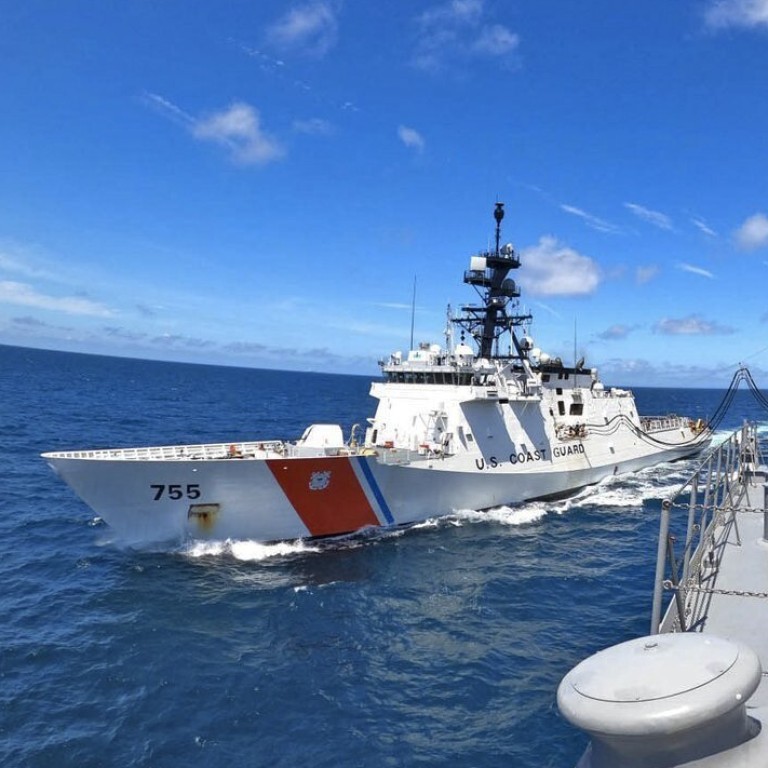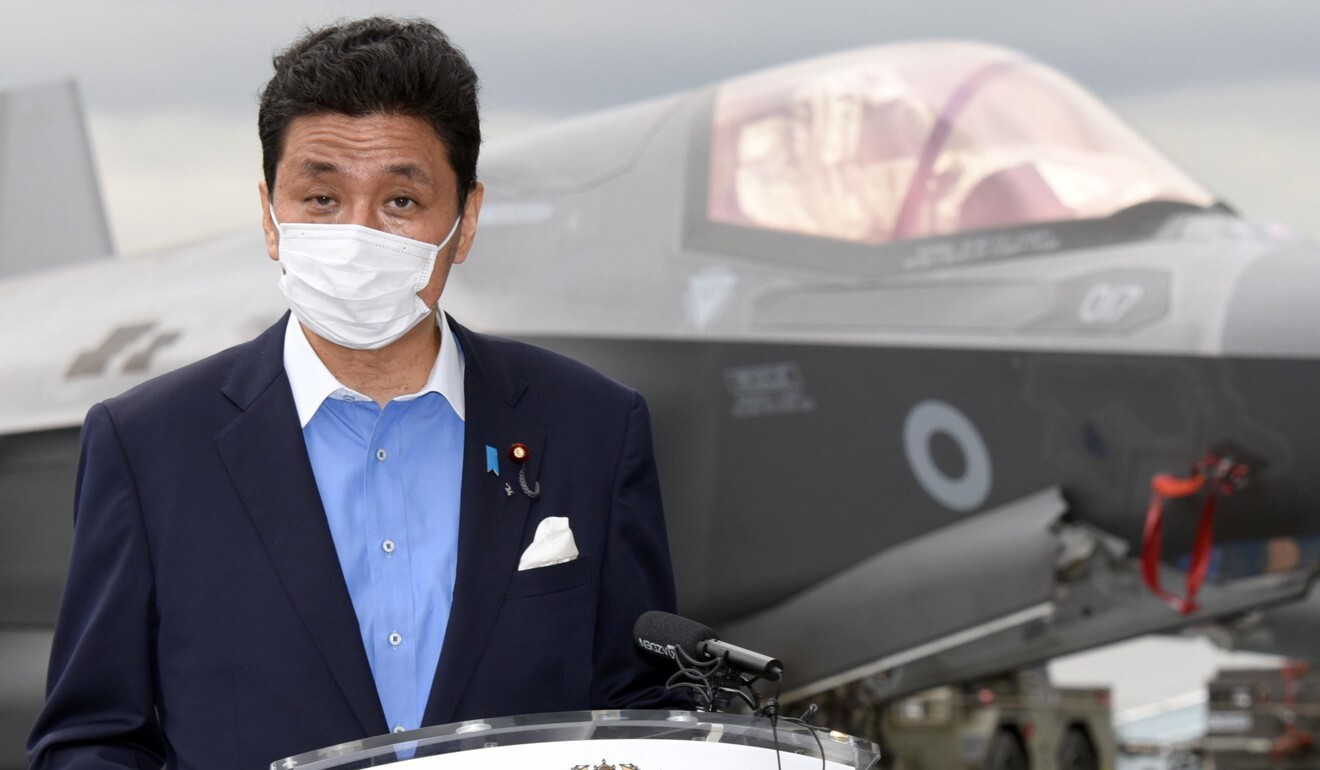
Amid China worries, Japan-Vietnam sign defence export deal
- The accord enabling exports of Japanese-made defence equipment and technology to the Southeast Asian nation was signed in Hanoi
- Both sides reportedly agreed to work together for a rules-based international order and reaffirmed the importance of freedom of navigation and overflight
The accord was signed in Hanoi during Japanese Defence Minister Nobuo Kishi’s first trip overseas after assuming the post last year. Japan will speed up talks with Vietnam to sell Self-Defence Forces’ vessels, Kishi said in an online press conference, following a meeting with his Vietnamese counterpart Phan Van Giang.

A ministry official said the accord comes as “Vietnam is diversifying its sources of defence equipment.”
Japan’s supplies to US Coast Guard aimed at testing Beijing, observers say
The accord will “strengthen Japan’s defence industrial base and is expected to contribute to the country’s security”, Kishi said.
He added they had agreed to work together for a rules-based order and reaffirmed the importance of freedom of navigation and overflight, as well as to abide by international law.

01:56
Diaoyu-Senkaku islands spat deepens as Japan warns China over coastguard ships in East China Sea
Kishi conveyed his view to maintain and strengthen a free and open Indo-Pacific and raised concerns regarding a law China implemented in February that allows its coastguard to use weapons against foreign ships it views as having illegally entered its waters.
Kishi said he told Giang that “the stability of the situation over Taiwan is important” for the security of Japan and the rest of the world, while agreeing to step up bilateral cooperation, such as through port calls in Vietnam by SDF vessels and aircraft, and in the area of cybersecurity.

